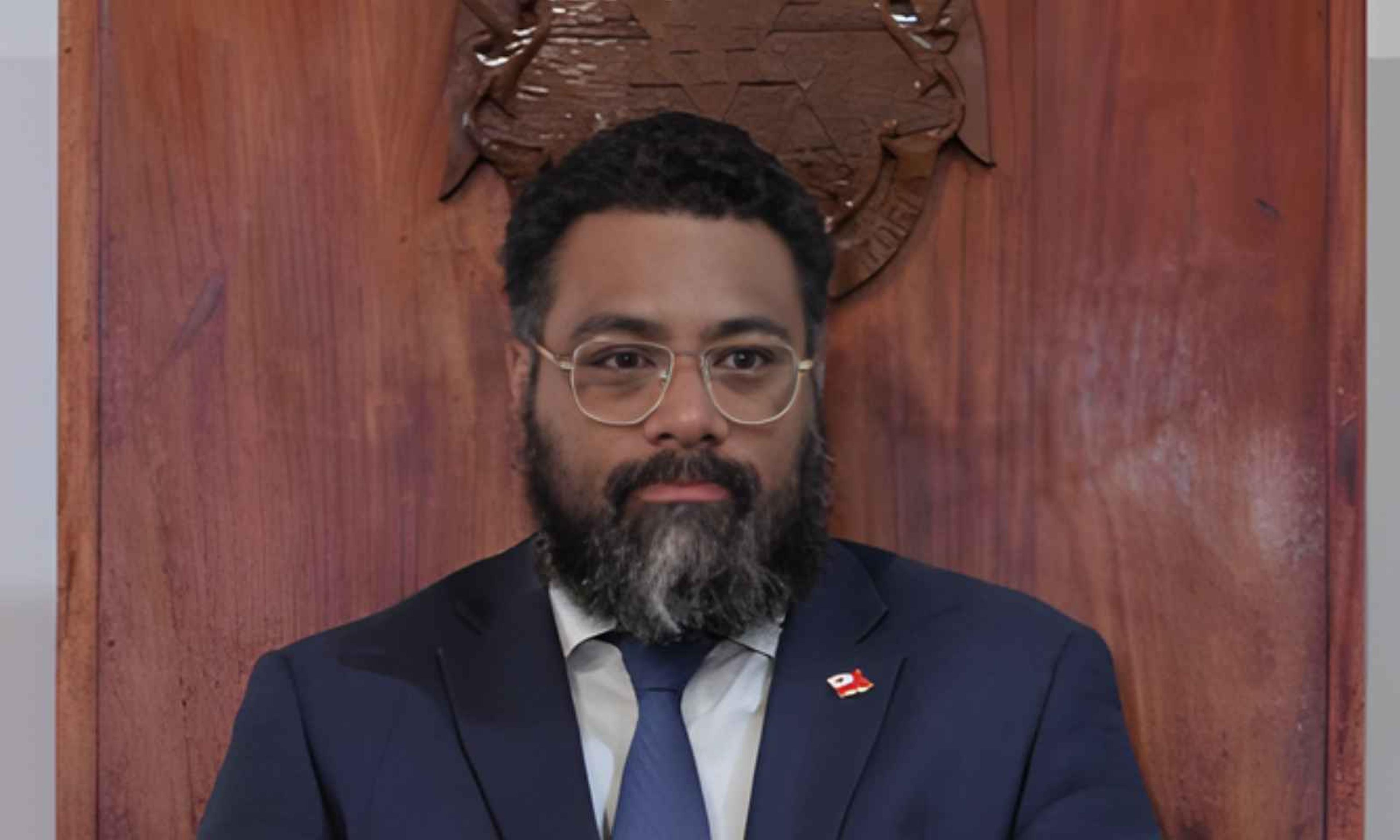

Dr Corina Grey says the ministry is committed to the community.
Photo/MPP
Is Pacific policy falling short or laying the foundation?
Dr Corina Grey defends the Ministry for Pacific Peoples’ role, highlighting its achievements and a vision for future-focused policy.



Pacific research marks 25 years of tracking children into adulthood
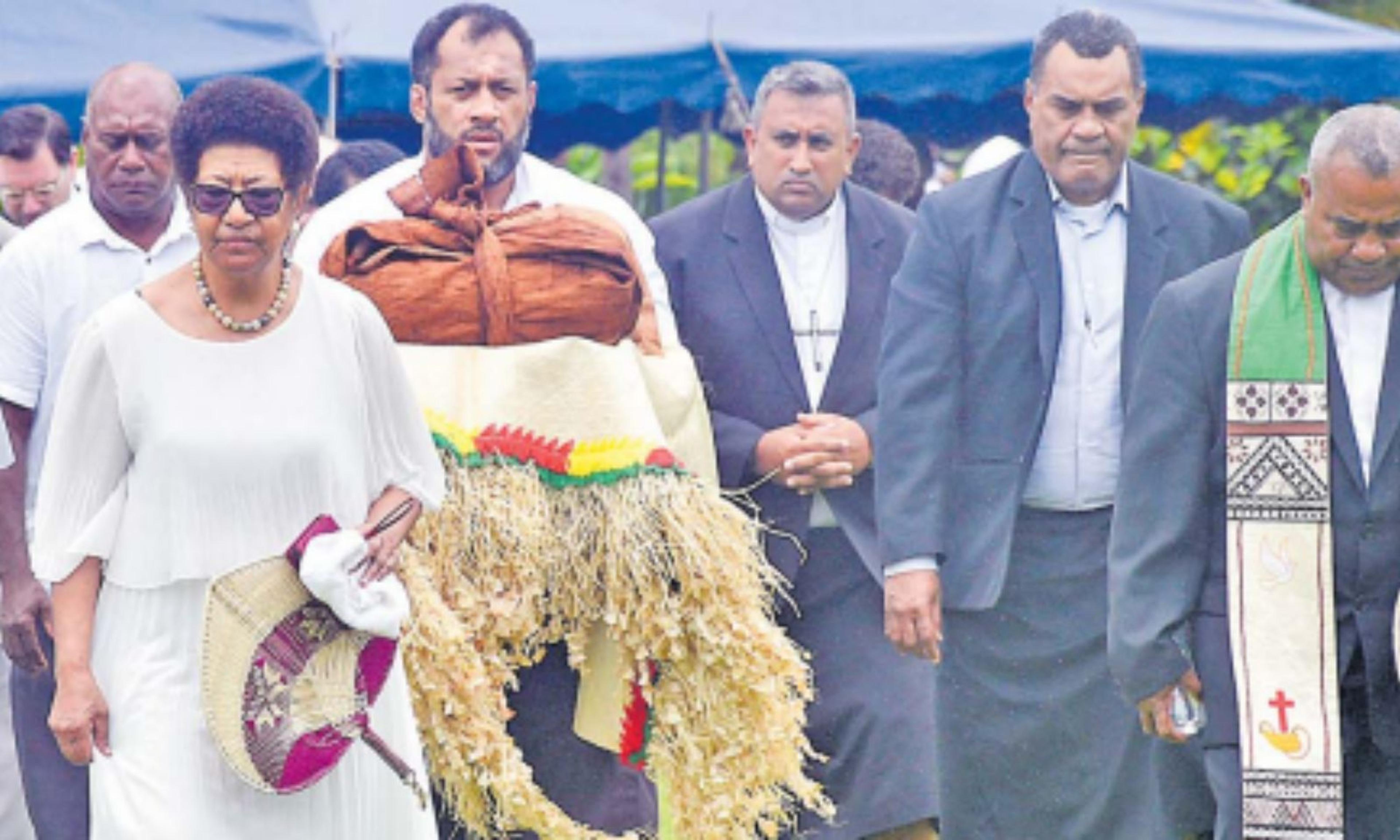
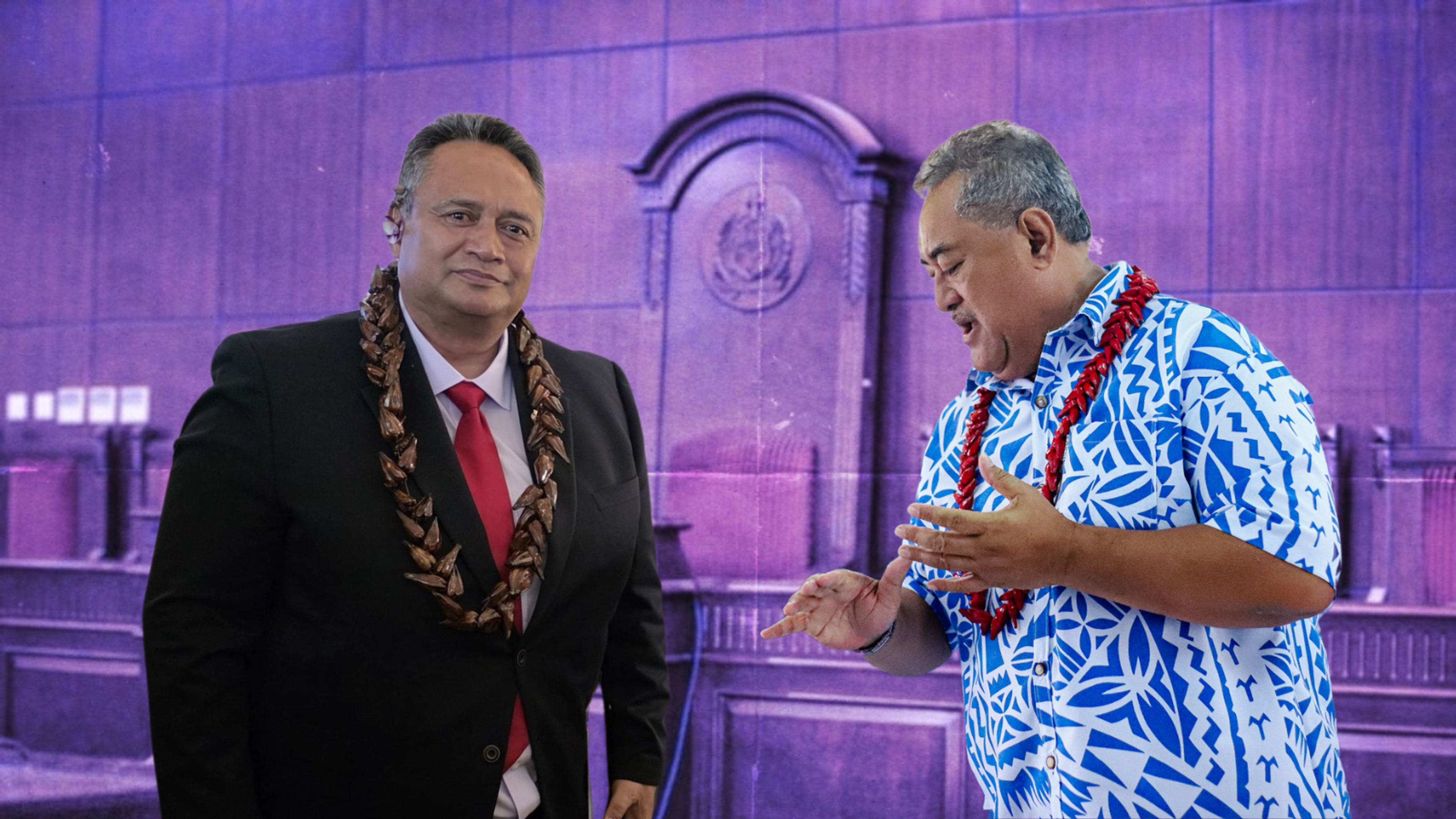
Sāmoa court blocks withdrawal of Falealili I election petitions


Tonga’s new PM sparks wide debate amid praise and concern

Pacific research marks 25 years of tracking children into adulthood


Sāmoa court blocks withdrawal of Falealili I election petitions
As the Ministry for Pacific Peoples (MPP) wraps up a year of change, its deputy secretary for policy and insights has reaffirmed their ongoing commitment to the community.
Speaking on Pacific Mornings, MPP Deputy Secretary, Policy & Insights Dr Corina Grey reflected on the ministry’s recent accomplishments, challenges, and plans.
“Our efforts are not always visible to the public, but it's the results of these initiatives that will demonstrate the value of our work,” she told William Terite.
“Whether that's through strengthened community partnerships, improved access to services or intergenerational benefits.
Delivering tangible benefits
One of MPP’s significant programmes this year has been the Pacific Healthy Homes Initiative.
The programme targets Pacific families in South Auckland and Porirua. It addresses the health impacts of poor housing by providing support for insulation, heating, and ventilation.
Grey says the programme is critical in including older Pacific people with housing-related health conditions.
“We're really excited about that because Healthy Homes has recently had an evaluation and it showed that for every dollar that was spent, there's a $5 return on investment.
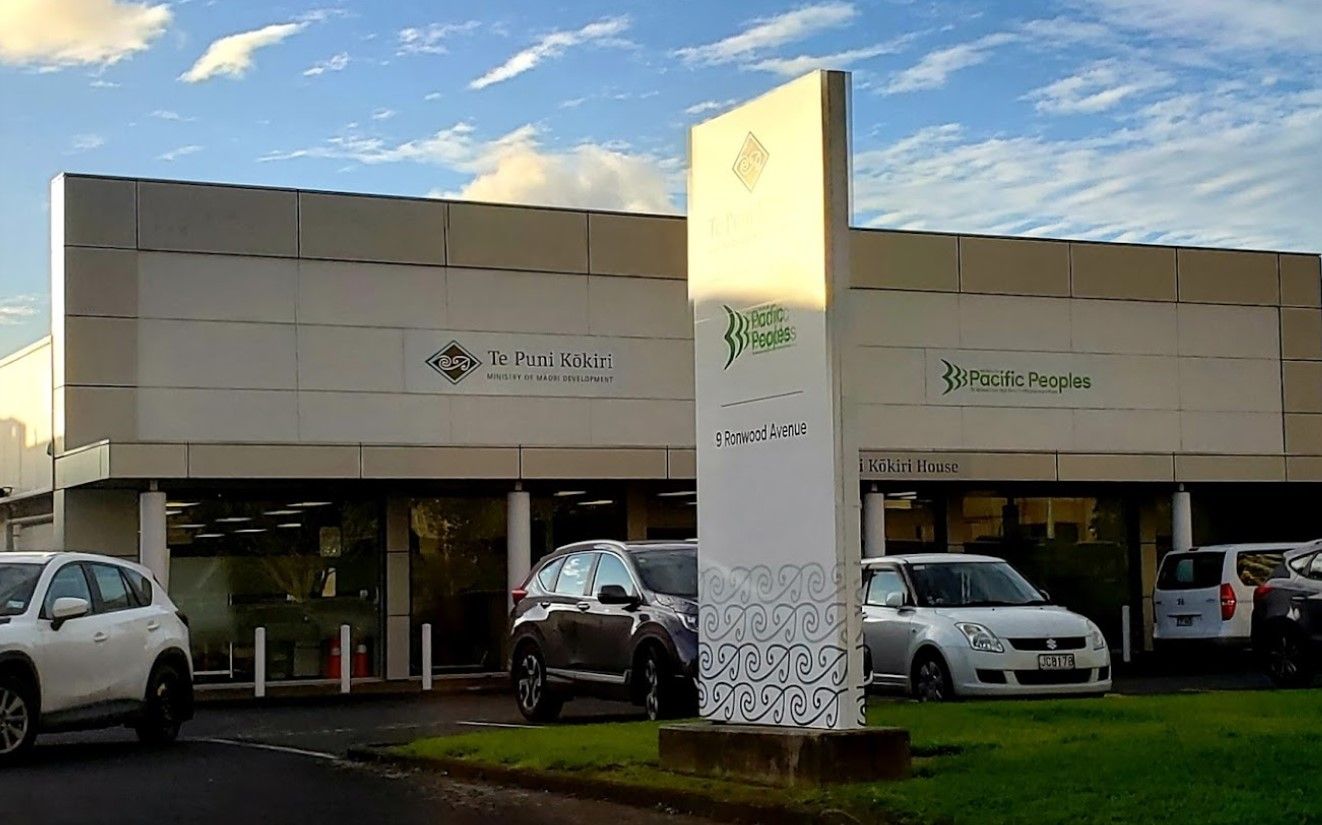
Twenty-one people lost their roles at MPP this year. Photo/PMN
“And so, for this Pacific Healthy Homes Initiative, we will also be evaluating that after a year.”
Grey also mentioned the long-term insights briefing, which occurs every three years and allows government agencies to focus on future-focused matters.
She says the ministry's current briefing centres have both Māori and Pacific whakapapa, adding that 20 per cent of Pacific people also identify as Māori.
“At the 2023 census, there were more than 90,000 people who identified as both Māori and Pacific,” Grey said.
“So, we're really looking at what are the needs of this population of people now and going into the future.
“We're really excited because we've just finished our first round of consultation, and we received almost 400 public submissions.”
Another important programme is the Pacific Financial Capability Programme.
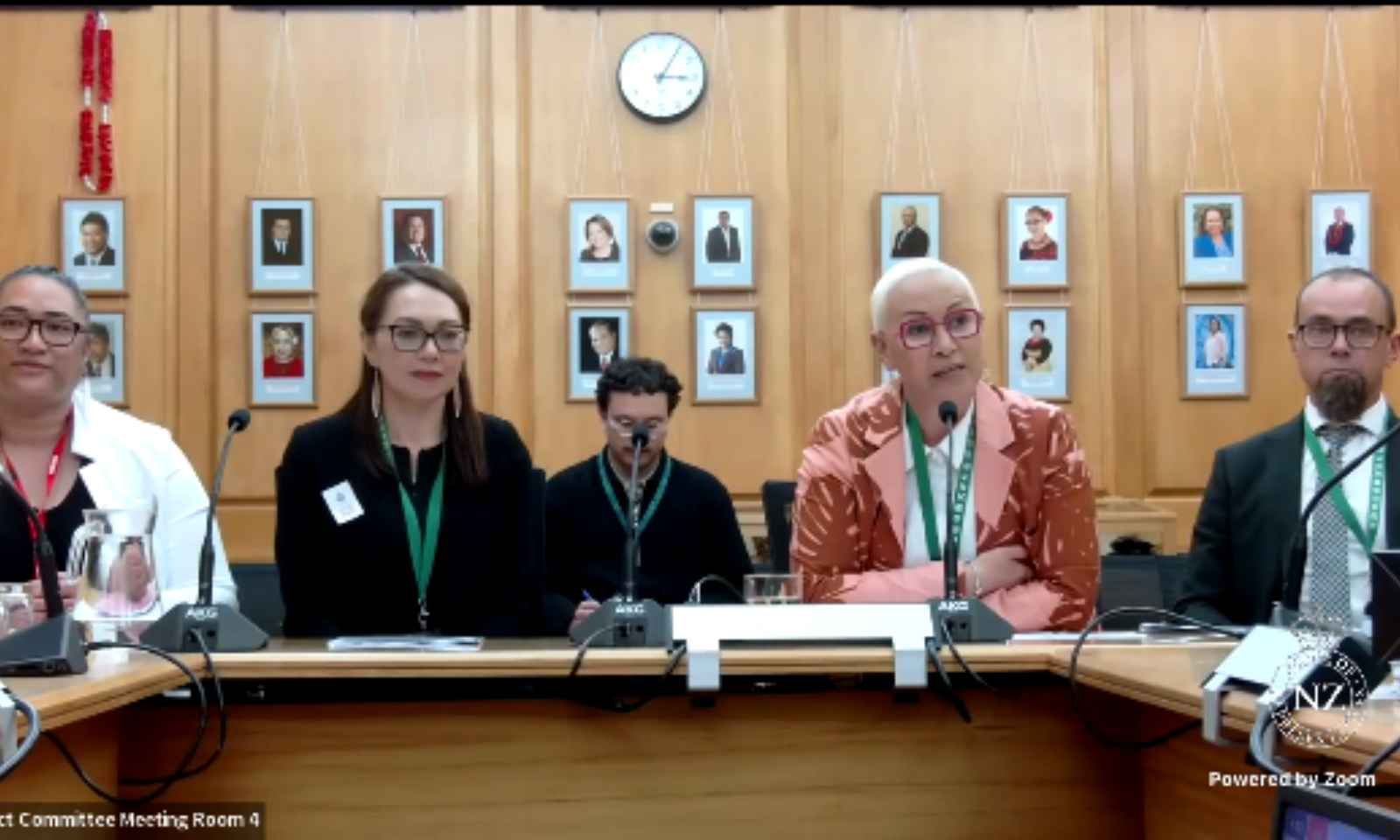
MPP officials during their scrutiny session. Photo/Parliament TV
Grey referred to a 2021 New Zealand Household Economic Survey, which found that the average net worth for a European person nearing retirement (aged 55-64) was $439,000, compared to just $28,000 for Pacific people.
“And a lot of that is tied up with home ownership. So, the Pacific Financial Capability Programme is about helping people develop savings, debt management, and home ownership plans.”
With 3500 participants, 360 families have purchased homes, and 40 have avoided mortgagee sales since the programme began in 2021.
Navigating change
This year, the ministry underwent significant restructuring, reducing its workforce from 156 to 99.
“Part of the change process was looking at how we cluster and organise our work more efficiently while maintaining those core functions that I mentioned before,” Grey said.
“So, amplifying the voices of Pacific communities through our policy advice, strengthening Pacific data.
“We provide policy training through a Pacific lens, and we engage regularly.
PSA National Secretary Duane Leo speaks with PMN News Political Reporter Ala Vailala about the MPP cuts.
“What we've done is we've broadened our roles. A lot of the roles are generalist roles so that we're distributing the skills more evenly.
“So, we have flexibility, and people are able to do their job.”
Policy under the spotlight
During its annual policy assessment by the New Zealand Institute for Economic Research (NZIER), all of MPP’s policy papers met the Government’s quality benchmark, achieving a mean score of 3.4 out of 5.
However, only 10 per cent of papers scored four or higher, a 40 per cent decrease from previous years.
While this raised concerns, Grey clarified that the ministry’s results were consistent with other government agencies and reflected strong foundational knowledge and evidence-based policymaking.
“We provided 126 separate pieces of advice to other agencies, and we gave NZIER a random sample of 10 of our policy papers,” she said.
“We were really pleased because all of our policy papers met the required standard and scored at least three out of five.
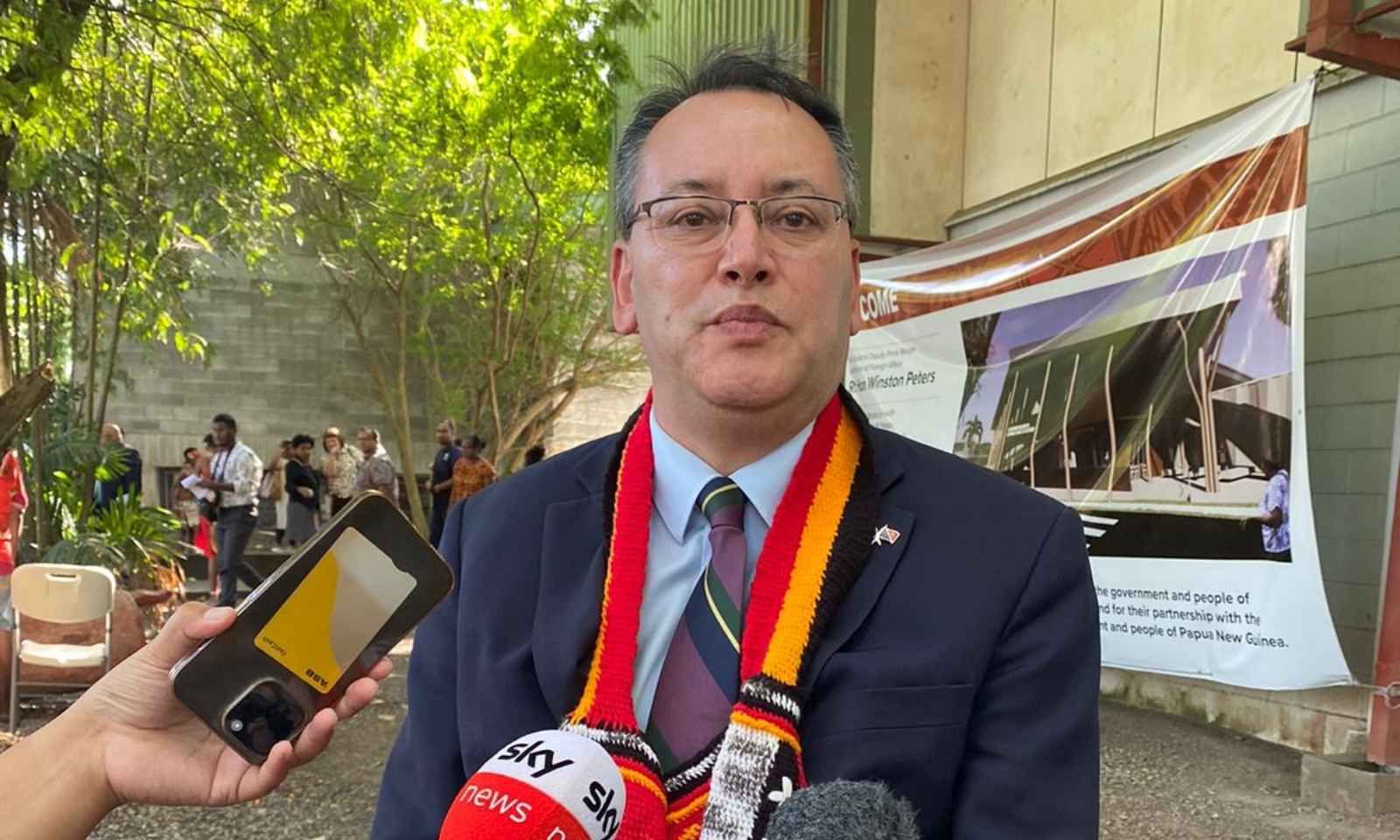
Minister for Pacific Peoples Dr Shane Reti. Photo/Ala Vailala
“We're always striving to do better and be better with our policy advice.
“And so they've also given us some extra tips on how we could improve because we're constantly striving to improve and basically, it's what we're doing, but going deeper.
“So going deeper with our structure, better integrating data and evidence and so we have a programme in place to do just that.”
Is MPP worth investing in?
Grey's response was clear when asked about the potential consequences if the MPP ceased to exist: the Pacific community would lose a vital advocate.
“We provide advice to the government on policies and interventions that improve outcomes for Pacific people.
“We commission targeted programmes for Pacific communities, and we engage regularly with Pacific communities, groups and providers throughout the country so that we understand what's happening for people on the ground and what our community's needs and aspirations are.
Watch Dr Corina Grey's full interview below.
“So we really bridge that gap between the government and Pacific communities.
“We make sure that we amplify the voices of Pacific peoples and ensure that their needs are understood.
“And we're able to do this because we have regional engagement roles across the country in the northern, central and southern regions.
“And don't forget that most of our staff are Pacific themselves.
“We represent the communities that we come from.
“So work for us does not stop at 5pm or on a Friday. Our people are constantly engaging with the community and partnering with them to achieve better outcomes.”